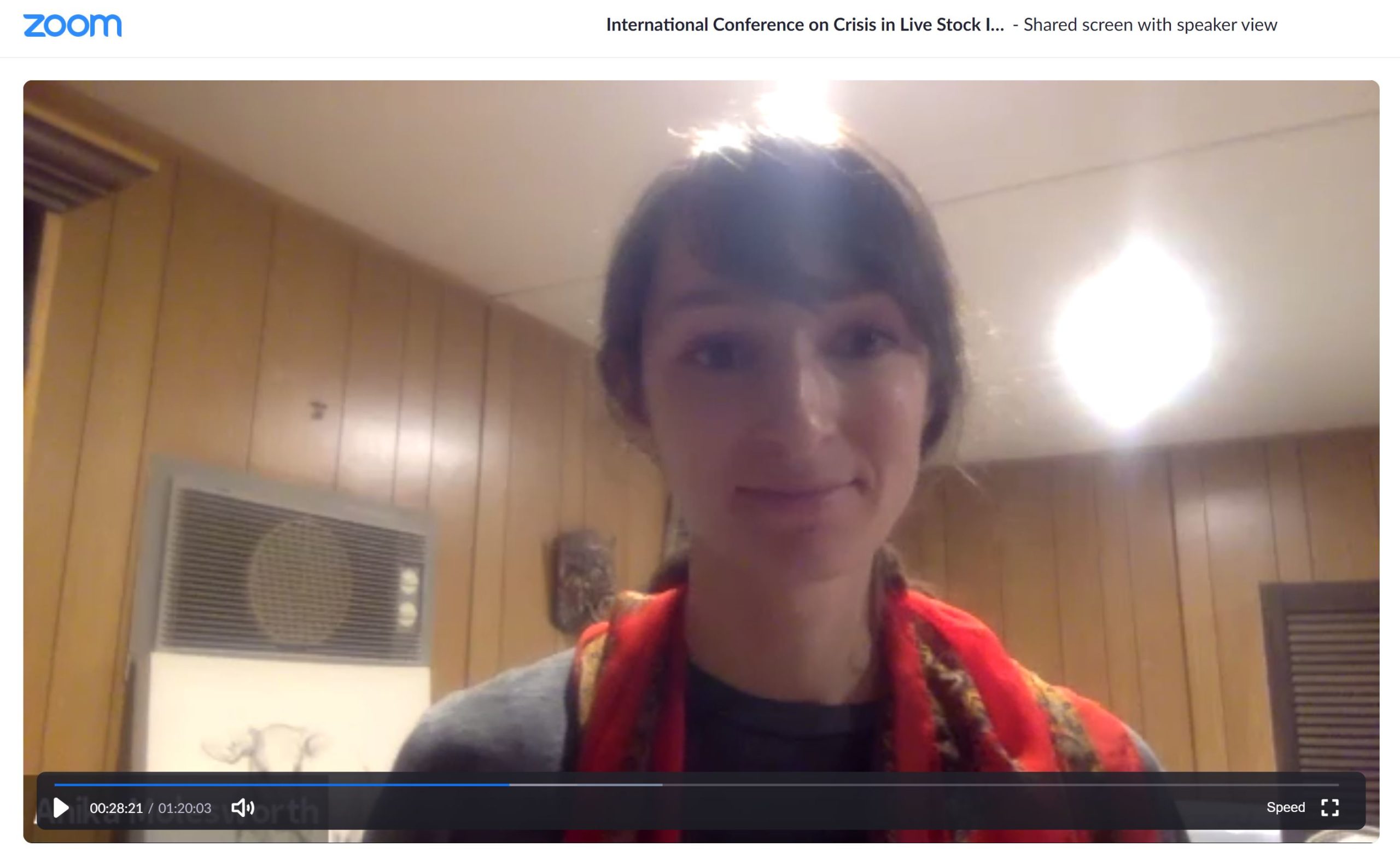

When Vulnerable People are our Food Producers
April 23, 2020
We recently had an opinion piece by our CEO, Dr Colin Chartres, arguing, that water, agriculture, nutrition, food security and health are inextricably linked and should be given a high foreign aid priority now and in a post COVID-19 world.
We now have this contribution from Dr Anika Molesworth, one of our former conference scholars who recently MC’d our NextGen webinar with Future Farmers Network. Earlier this year, Anika headed to Antarctica as part of the Homeward Bound program where she met Humera Iqbal, a graduate from Agriculture University Faisalabad, Pakistan. Humera invited Anika to give a talk at the online “International Conference on Crisis in the Livestock Industry due to COVID-19” on the topic “How COVID-19 is impacting agriculture and rural communities, and what needs to be done.”
To a large and diverse virtual classroom, they spoke about how COVID-19 impacts on both the lives and livelihoods of farmers and people living in rural communities and on us all when vulnerable people are our food producers.

The full recording can be viewed here, with Anika’s address 15 minute presentation from 14:30 with great conversation and lots of excellent questions and comments in the 90 minute event.
“I learnt a lot and thank Humera Iqbal for inviting me to virtually visit Pakistan to be part of this event,” said Anika.
“COVID-19 is a big challenge for farmers, but it also encourages us to share ideas and work together for a better and more resilient future.”
Anika’s key messages were:
COVID-19 poses a particularly serious threat to farmers who live remotely and do not have easy access to doctors and healthcare.
- The disease is a vulnerability amplifier for poorer farmers, older farmers, those who have limited labour resources and few market options.
- Disruption to food availability and affordability can lead to reduced food options in some regions and therefore poorer diets and malnutrition.
- Transport restrictions can impede access to markets, and challenges in logistics can be particularly obstructive for fresh food that is highly perishable, which may result in increased food loss and waste.
- Increased costs of farm inputs, like livestock feed, fertiliser, water, contract labour and machinery, may result in lower net returns.
- The reduction in tourism to rural areas has flow-on financial impacts to local farmers and local businesses (e.g. restaurants, shops, hotels).
- Improving hygiene and working conditions for farmers is critical to prevent the spread of disease, as well as improving information channels and access to healthcare.
- Improving the standard of living for farmers through education, income diversification, market access, food transport and storage practices, will help them to become more resilient to future crises.


